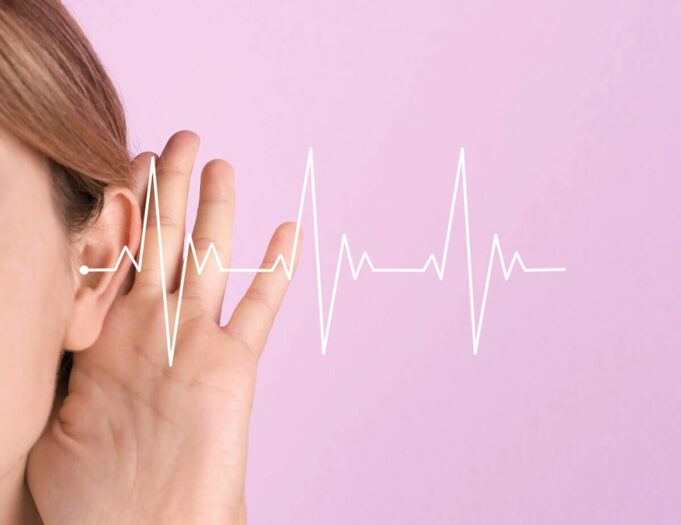Hearing health plays an integral role in our overall well being, impacting everything from our social interactions to our cognitive abilities. Yet, it’s often overlooked until issues arise. Maintaining optimal hearing health isn’t complicated—it involves understanding your ears’ needs and taking simple yet effective steps to care for them. This blog post provides a comprehensive guide to ear care, offering valuable insights and practical advice to ensure your auditory health remains at its best.
Understanding the Importance of Hearing Health
Before delving into ear care practices, it’s essential to appreciate the importance of our hearing health. The ability to hear affects our quality of life, enabling communication, enhancing experiences, and alerting us to potential dangers. Furthermore, research suggests a link between untreated hearing loss and cognitive issues, including dementia1. Thus, preserving our hearing health can have far-reaching benefits.
Regular Hearing Checks
Regular hearing checks are a fundamental part of your healthcare. These checks allow for the early detection of potential issues, enabling timely treatment. Adults should aim for a check-up every three years. However, if you’re experiencing difficulties understanding conversations, constant ringing in your ears, or discomfort, don’t hesitate to see a specialist sooner. If you want to schedule one right now please visit https://www.hearclearni.co.uk/
Noise Management

Noise-induced hearing loss is a prevalent and preventable issue. Persistent exposure to loud noises, such as music, machinery, or traffic, can damage the sensitive structures in our organs over time. To prevent this, limit your exposure to high-decibel environments, or use protective gear like earplugs or noise-canceling headphones.
Healthy Ear Cleaning Practices
Contrary to popular belief, earwax isn’t an indication of uncleanliness—it’s a natural substance that protects our ear canal from dust and bacteria. However, an excess can cause discomfort or hearing problems. Avoid using cotton swabs as they can push the wax deeper and potentially damage your eardrum. Instead, consult a healthcare professional for safe cleaning methods or treatment options if you suspect an earwax blockage.
Mindful Use of Audio Devices
With the widespread use of earbuds and headphones, there’s a growing concern about their impact on hearing health. Listening to loud music over prolonged periods can harm our hearing. As a rule of thumb, follow the 60/60 rule: keep the volume at no more than 60% and limit use to 60 minutes at a time.
A Balanced Diet and Regular Exercise

Believe it or not, what we eat and how active we are can impact our hearing health. Nutrients like omega-3 fatty acids, vitamin D, and antioxidants can help maintain good auditory health. Regular exercise, in turn, improves blood circulation, benefiting the tiny blood vessels in our ears.
Wrap-Up: Hear for the Future
Maintaining optimal hearing health is an ongoing process, requiring consistent care and attention. From regular check-ups and noise management to healthy cleaning practices and mindful audio device usage, every step counts. And don’t forget—the fuel you give your body and how much you move also matters.
Caring for your ears doesn’t have to be daunting. By incorporating these simple steps into your routine, you can ensure a future filled with the sounds of life. Remember, your ears deserve the same level of care as the rest of your body. After all, they’re your gateway to the symphony of life.















